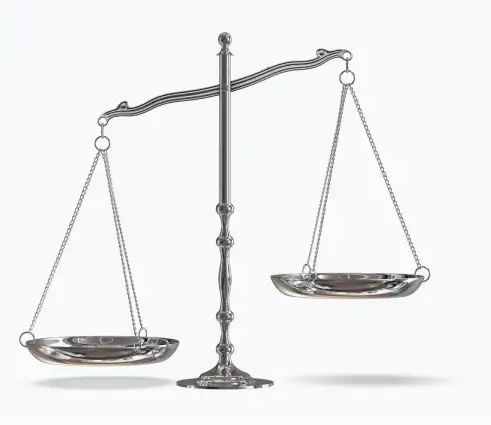The boom of alternative energy around the world lasts for decades.
One of the leaders in this sphere is Germany, which wants to produce electricity exclusively from alternative sources from 2039. Spain plans to abandon coal power by 2050, although it stands in a more favorable position as a result of its solar activity and water availability.
Ukraine hasn’t remained aloof, and in 2009 introduced so-called “green tariffs”, which, however, were fully operational in 2015. They are intended to encourage both ordinary households and businesses to produce electricity from the energy of the sun, water, and wind and sell it to the state at a bargain price.
The most common source of alternative energy is solar power plants. The first of them appeared in Crimea in 2011.
How to start a business with electric power generation?
In order to start a business of producing electricity at industrial solar power plants, it is necessary to make a lot of effort and invest a significant amount of money, about 100 thousand dollars. On average, such amount is offered by manufacturers of solar panels and includes the cost of their commissioning. The process of installing an industrial solar power plant is long-term and requires legal support at all stages, from the creation of a legal entity, the search, and lease of a land plot with the intended purpose of “energy land”, to obtaining a license for electricity generation, non-standard connection to electricity networks, registration of membership in The wholesale market of electric energy and conclusion a contract of sale with the energy company.
For individuals, this procedure is much simpler. Today any person consuming electric energy for domestic needs can install a solar power plant with a capacity of up to 30 kW on the roof of their private house and sell the surplus of produced energy to the state at a green tariff.
According to the State Department of Energy Efficiency, 4660 private solar power plants were installed for August 2018, with a total capacity of over 90 mW. In 2017, this figure was significantly lower – only 3010 private solar power plants.
Is there any necessity to get permission to install a solar power plant on the roof?
The procedure of connecting the domestic solar power plant to the electricity grids does not require any permits. When installing solar panels, it is important not to exceed the limit of the authorized power, which is specified in a contract on the use of electric energy, concluded between the domestic consumer and the electricity supplier. The maximum possible power limit for a domestic solar installation is 30 kW.
What about the procedure of installing the solar panels?
The household consumers install solar power plants on their own, then submit to the power supplier an application and one of the variants of the one-line connection scheme. The forms of these documents are the Annexes 1 and 2 to the Resolution No. 229 from 25.02.2016 issued by The National Commission for State Regulation in the Energy Sector.
After reviewing the application and checking the power of the installed solar panels, the Local Power Distribution Company provides the consumer with an account to pay for the installation of a meter. After making payment and installation of a meter, the electricity supplier and the consumer sign an act on the preservation of seals and the establishment of indicators, and then – a contract for the sale of electric energy at a green tariff.
Green tariff rates without VAT are:
- From 01.01.2017 to 31.12.2019 – 573.36 kop. / kWh;
- From 01.01.2020 to 31.12.2024 – 515.34 kop. / kWh;
- From 01.01.2025 to 31.12.2029 – 459.03 kop. / kWh.
It is worth noting that for consideration of the application Local Power Distribution Company has 3 days, for installation of a meter – from 3 to 5 days. Further payments for the purchased green electricity tariffs are carried out not later than on the 15th of the month, which is the next after the settlement month.
What are the reasons for the refusal?
The installation of solar panels is available for not only owners of private homes but also the owners of apartments, after the conclusion of the lease of the roof area and in the absence of objections other residents. There are also cases when Local Power Distribution Company refused to connect solar panels to electrical networks on the ground that the newly built house has not put into operation yet, but such a refusal is not legitimate, as the legislation imposes only one mandatory requirement – the building should be in a private property.
Do you need the help of a lawyer?
The number of Ukrainians who use alternative energy sources is increasing every year. The solar panels on the own roof allow not only to save on electricity, but also to make a profit from its sale. However, you should pay attention to the fact that green tariff rates are gradually decreasing, therefore, you shouldn’t rely on fast earnings at the expense of the established solar power plant. On average, solar panels pay off in a range from 6 to 8 years. In addition, when installing solar panels, despite the simplified procedure, there may be many nuances, for example:
- Incorrectly executed documents;
- Failure of Local Power Distribution Company to connect to the power grids;
- Failure of the Local Power Distribution Company to comply with established deadlines and terms;
- Conclusion of the lease agreement;
- Malfunctions of existing electrical networks, which lead to failures in the operation of the solar power plant;
- Non-payment or untimely payment of Local Power Distribution Company for the purchased electricity.


